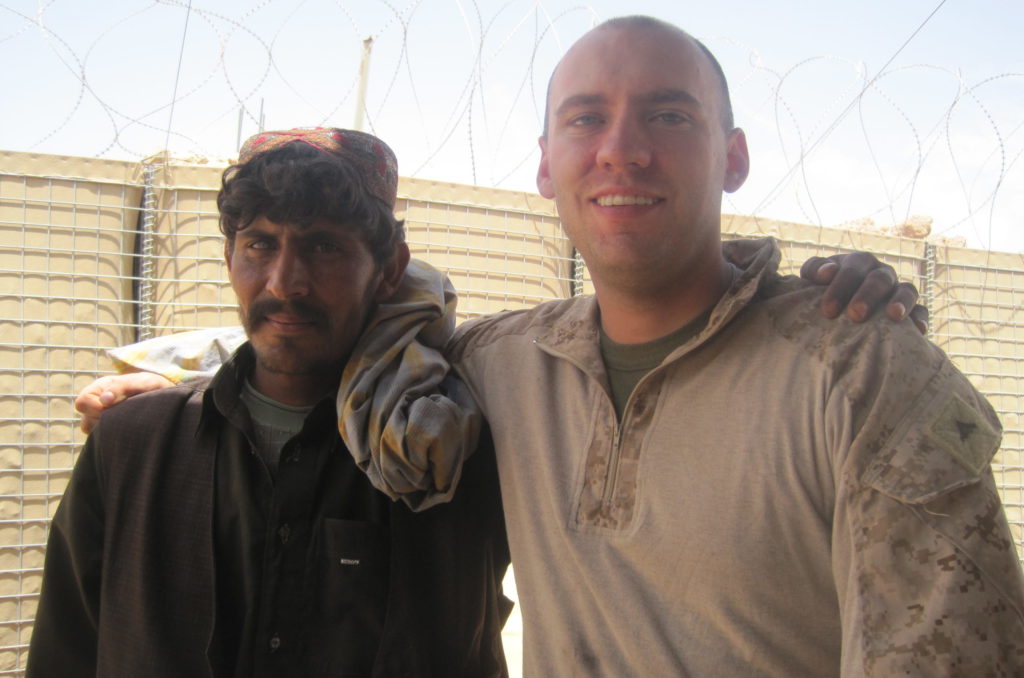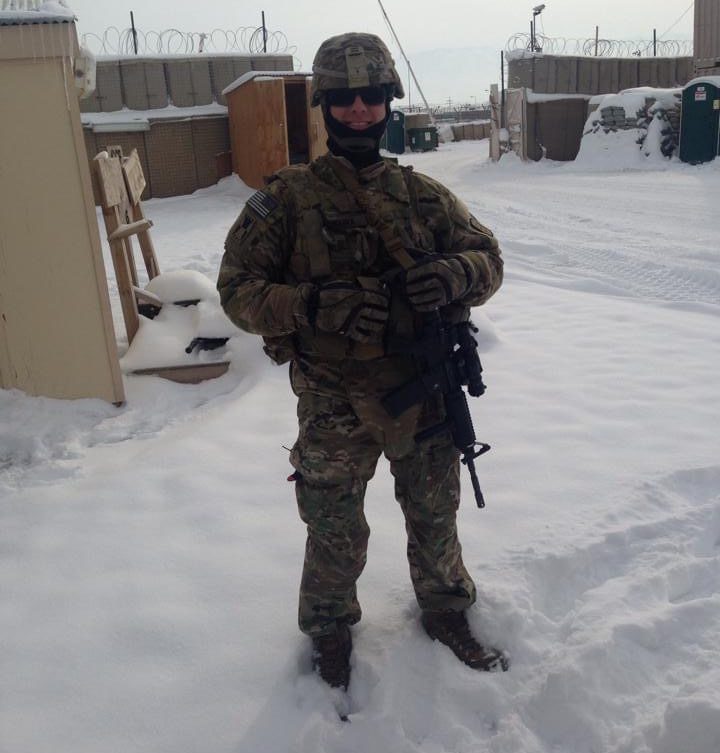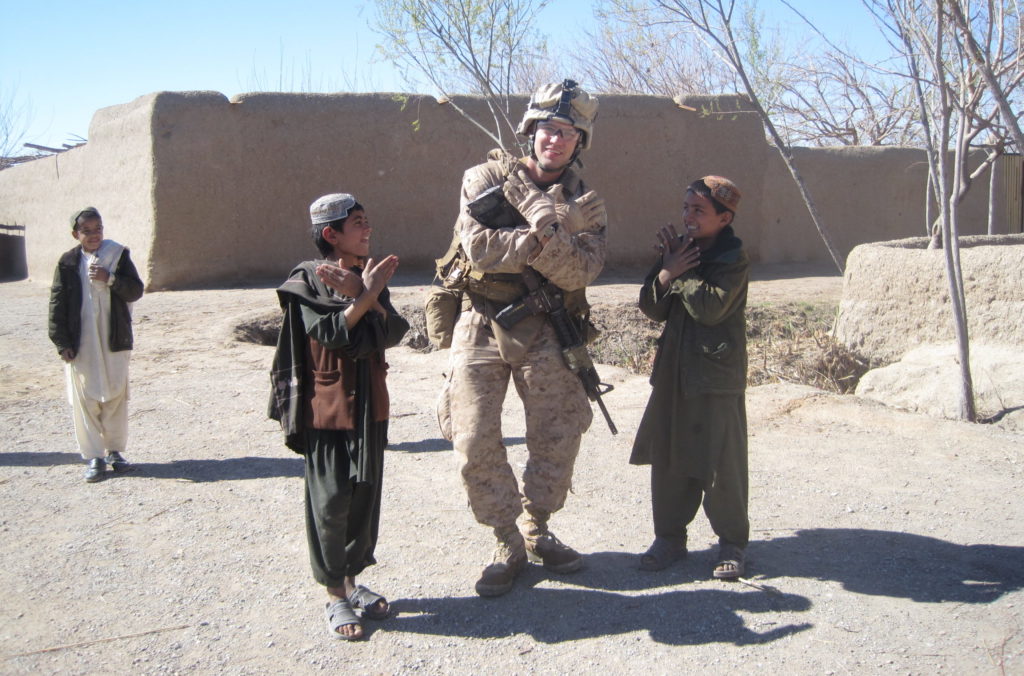By JAN LARSON McLAUGHLIN
BG Independent News
The images coming from Afghanistan this week are gut-wrenching for Tim Emmerich.
The U.S. Marine from Bowling Green knows the U.S. couldn’t stay in Afghanistan forever, but the rapid takeover by the Taliban is difficult to stomach.
“I have a lot of mixed emotions,” said Emmerich, who served there as an assistant company level intelligence chief in the infantry in 2010 and 2011. “Some of my friends gave up their lives. I don’t want it to be for nothing.”
Emmerich’s two Afghan translators already had their visas and are living safely in London and San Francisco. But many of the troops the Americans helped to train over the past 20 years seemed to crumble in the face of the Taliban.
“Our whole mission was to train the Afghan Army,” Emmerich said. “You could tell it wasn’t working.”

The Afghan people are made up of many tribes that don’t have a strong national identity – which made it difficult for them to commit to a common cause, Emmerich said.
In the 20 years that the U.S. military was in Afghanistan, the costs were staggering in terms of lives and dollars. A total of 2,448 American service members were killed there. And more than $2 trillion – or $300 million a day – was expended.
Wood County Veterans Service Office Director Zach Migura is also watching the news from Afghanistan with a heavy heart.
“It’s just heartbreaking to see it happen,” he said. “We knew it was going to be tough any way it went.”
Migura served in Afghanistan in 2013 and 2014, helping to train an Afghan engineer battalion on construction.
Migura, who is still in the Army Reserve, also had two interpreters. Both were in the U.S.
“One went back to see family, and now he’s trapped back there.”

“Nobody knows what’s going on,” Migura said. “We’ll have to wait and see what shakes out next – what kind of timeline and at what cost?”
Emmerich, one of the owners of Call of the Canyon Cafe in Bowling Green, worries about the effect of the Taliban’s return on girls and women in Afghanistan.
“It’s only going to get worse,” he said.
It was during Emmerich’s second deployment to Afghanistan that the U.S. completed its primary goal after Sept. 11, 2001.
“I was actually over there when they killed bin Laden,” he said, recalling the video of people back in the U.S. celebrating. “It reminded us why we were there.”

Bowling Green City Council member Greg Robinette served as commander of an Ohio National Guard brigade in 2013 and 2014. He was based out of Kuwait, but supported soldiers in eight countries including Afghanistan.
“I’m disappointed. It’s an unfortunate situation,” Robinette said.
“There are a lot of folks whose lives will be permanently altered or lost” as the Taliban take over, he said. “It’s sad to watch.”
Also watching as the U.S. withdraws its troops is Sharon Belkofer, of Perrysburg Township, whose son, Tom, was killed in Afghanistan. A lieutenant colonel in the U.S. Army’s 10th Mountain Division, he died when his convoy was attacked in May of 2010.
“My heart goes out to all the people of Afghanistan who are being threatened by the Taliban,” Belkofer said.
But American service members who lost their lives in Afghanistan did not die in vain, she said.
“Tom never felt that way, and we certainly didn’t either,” she said.
Belkofer listened to President Joe Biden’s speech on Monday afternoon as he stood by his decision to end America’s longest war.
“I was impressed by his courage and determination to take full responsibility,” she said.

